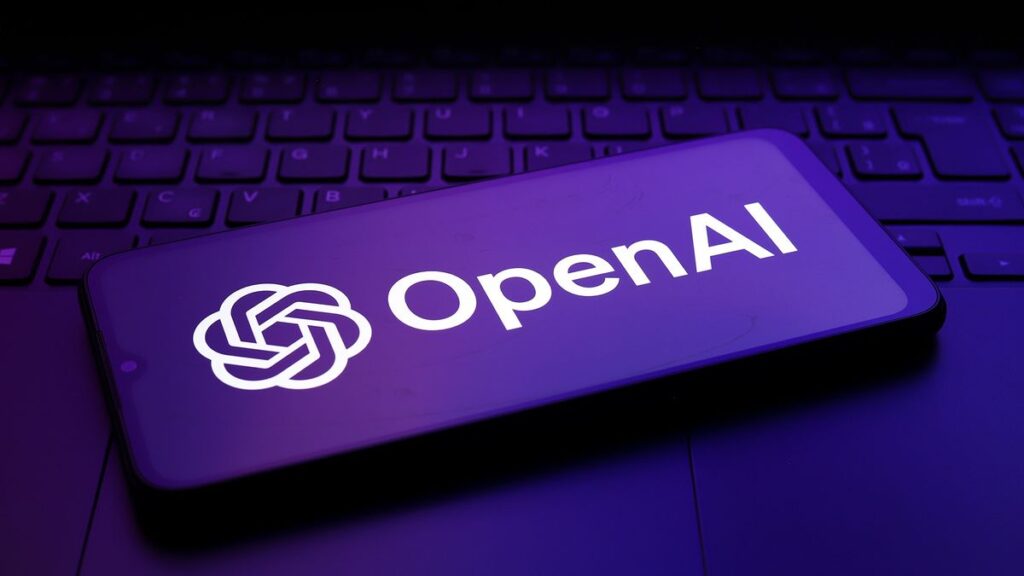seniorspectrumnewspaper – OpenAI has officially become the world’s most valuable private company, overtaking both SpaceX and ByteDance. The artificial intelligence firm reached a $500 billion valuation after authorizing a major secondary share sale. According to Bloomberg, OpenAI approved the sale of up to $10.3 billion worth of shares. However, only $6.6 billion was ultimately sold to a select group of major investors. These included SoftBank, Abu Dhabi’s MGX fund, Thrive Capital, and T. Rowe Price.
Read More : Vivo X300 to Feature Larger Battery Than X200 Ultra
The deal allowed current and former employees to liquidate their equity in the company. This move gave OpenAI a significant market edge, pushing its valuation far ahead of SpaceX, now valued at $400 billion, and ByteDance at $220 billion.
This valuation jump marks a major shift in the tech startup landscape. OpenAI’s rapid ascent highlights investor confidence in the future of artificial intelligence. The company’s dominant position reflects growing belief in AI’s transformative potential across industries. OpenAI’s valuation also sets a new standard for employee stock liquidity events in the tech sector. Few companies have managed such large-scale secondary transactions without going public.
The funding boost arrives as OpenAI scales its operations at unprecedented speed. CEO Sam Altman previously revealed ambitions to spend trillions of dollars on global AI infrastructure. These plans include massive data centers required to power advanced language models and other AI tools. Such infrastructure will be essential to meet rising demand for AI services. As OpenAI expands offerings like ChatGPT Enterprise and API products, the company is positioning itself to dominate the AI market for years to come.
OpenAI’s Public Benefit Strategy Faces Legal Challenge from Elon Musk
As OpenAI scales up financially, it is also undergoing a significant structural transformation. The company is moving toward becoming a Public Benefit Corporation (PBC) controlled by its nonprofit foundation.
In early September, OpenAI announced it was nearing completion of the transition. As part of this shift, the nonprofit division received an equity stake worth over $100 billion. This makes the nonprofit one of the largest shareholders in the newly structured for-profit arm. The goal is to align investor interests with long-term public benefit, rather than short-term profits. By becoming a PBC, OpenAI can lift the cap on investor returns, making the company more attractive to capital partners.
However, the move has drawn criticism from one of its co-founders, Elon Musk. Musk has taken legal action against OpenAI and CEO Sam Altman, alleging they violated the company’s original mission. That mission was to develop AI “for the benefit of humanity.” Musk claims that OpenAI’s shift to a for-profit model contradicts the vision he helped fund at its inception. He argues that the restructuring breaches a foundational agreement and compromises ethical oversight.
Read More : Microsoft May Launch Free Xbox Cloud Gaming Tier
Despite the lawsuit, OpenAI continues to move forward with its PBC plans. The company believes this model provides the flexibility and resources needed to pursue advanced AI development at scale. As OpenAI grows in value and influence, the debate around its mission and structure will likely intensify. The company sits at the center of the AI revolution, balancing profit, purpose, and global impact.


